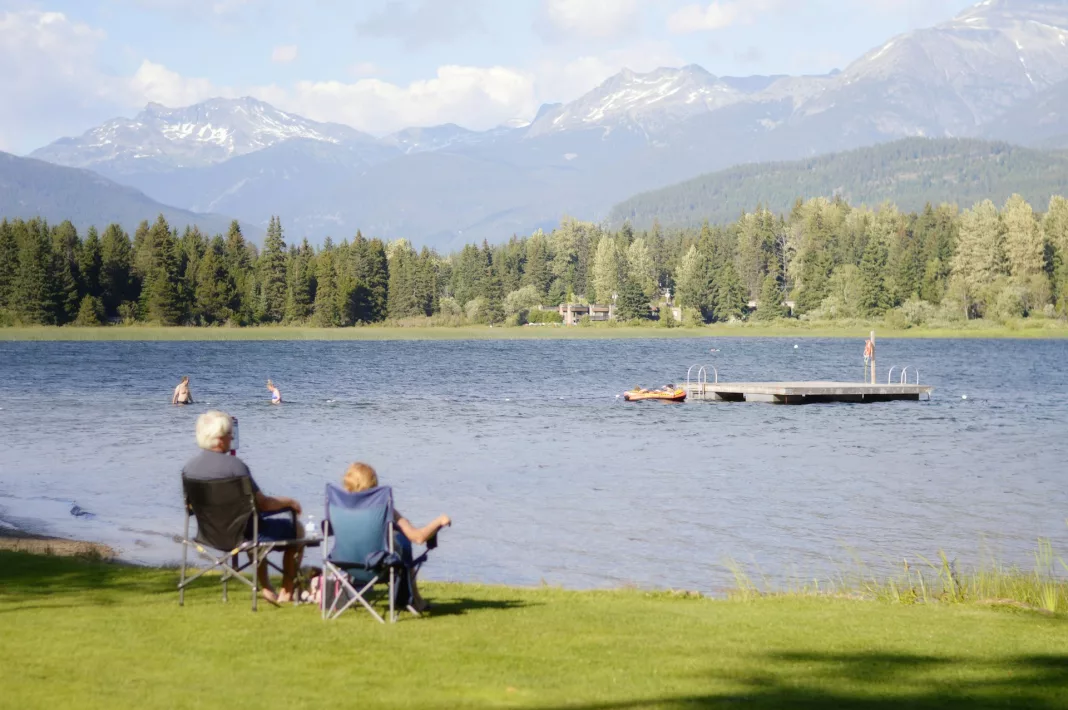Getting older is an inevitability and an exceedingly exciting one if you think about it in the right way.
As we get older, we get the opportunity to learn more and more about the world and ourselves – and at a certain point, we are given the opportunity to end our working days, and relax into a freeing post-retirement life.
But life after retirement isn’t always rosy, and especially not so for those without the wherewithal to properly plan for the end of their working days. There are many different ways to prepare for retirement, and to treat retirement after the fact; what, though, are some essential and practical tips for someone facing later life?
Health and Wellness
Your physical and mental health and wellbeing are absolutely critical to happiness and proactivity in later life. After retirement, it can be much easier to settle into sedentary practices, unbothered as you are with the rigours of regular commutes or other such expectations. The result can be twofold: limited daily movement hastens the rate at which muscles deteriorate and strength dissipates; lessened activity can also result in social isolation, creating loneliness and subsequent mental health struggles.
Keeping active can tackle both problems handily, as regular exercise keeps the body limber and happy while supplying the brain with literal ‘happy’ in the form of endorphins. Keeping an active lifestyle also keeps you out of the house, and increases your chances of keeping up with social interactions all the while.
Financial Health
Just as your physical and mental health are important to your later life wellbeing, so too is your financial health – which can be the difference between living an ideal retirement and living in difficulty.
The good news is that if you find your monthly budget getting stretched a little thin, you can always rely on your house to back you up. You could use an equity release product to release value from your home in the short term, giving you immediate access to funds for improving your situation one way or the other; alternatively, you could sell your house and downgrade, in order to pocket the difference.
Time Management
A great way to approach each day is to do so with time management as a guide. The days can meld into one, and slip by very quickly without a proactive approach to time management. Keeping some form of schedule to dictate the times at which you eat, indulge in hobbies or meet others can keep you in a rhythm, with positive benefits for your mental health.
Social Connections
As mentioned earlier, social connections are nothing short of vital for your mental health after retirement. If you’re not the fully adventurous type, you might not be looking to your local gym or fun run for potential friendships. Instead, you might find them in different clubs or environments, relating to your hobbies and interests. There are myriad ways you can ingratiate yourself in communities of like-minded people, and doing so should be a priority.



















